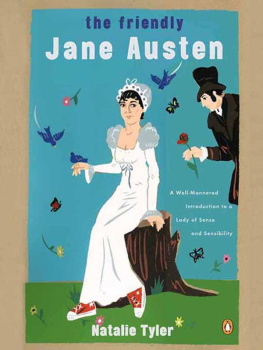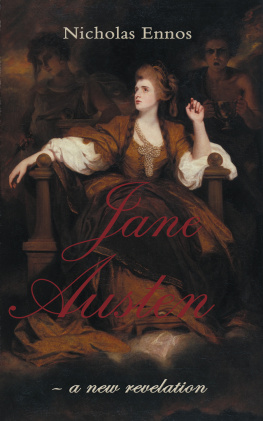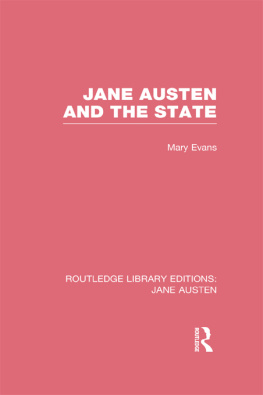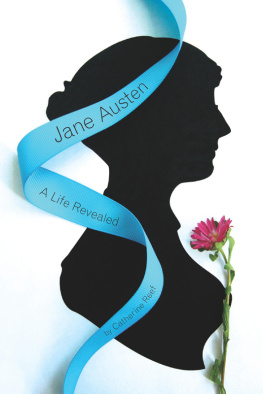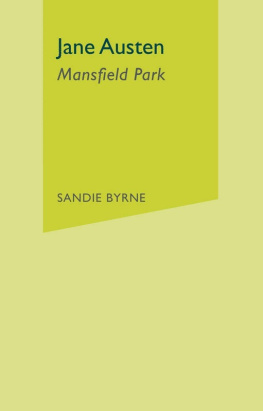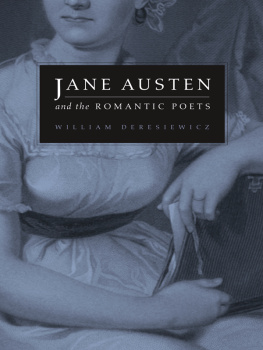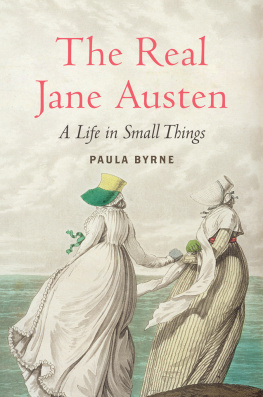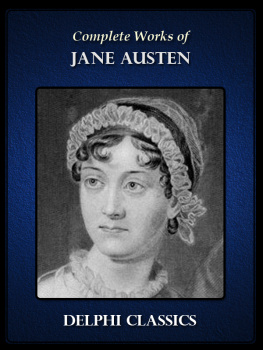Ted Scheinman - Camp Austen: My Life as an Accidental Jane Austen Superfan
Here you can read online Ted Scheinman - Camp Austen: My Life as an Accidental Jane Austen Superfan full text of the book (entire story) in english for free. Download pdf and epub, get meaning, cover and reviews about this ebook. year: 2018, publisher: Farrar, Straus and Giroux, genre: Home and family. Description of the work, (preface) as well as reviews are available. Best literature library LitArk.com created for fans of good reading and offers a wide selection of genres:
Romance novel
Science fiction
Adventure
Detective
Science
History
Home and family
Prose
Art
Politics
Computer
Non-fiction
Religion
Business
Children
Humor
Choose a favorite category and find really read worthwhile books. Enjoy immersion in the world of imagination, feel the emotions of the characters or learn something new for yourself, make an fascinating discovery.

- Book:Camp Austen: My Life as an Accidental Jane Austen Superfan
- Author:
- Publisher:Farrar, Straus and Giroux
- Genre:
- Year:2018
- Rating:3 / 5
- Favourites:Add to favourites
- Your mark:
- 60
- 1
- 2
- 3
- 4
- 5
Camp Austen: My Life as an Accidental Jane Austen Superfan: summary, description and annotation
We offer to read an annotation, description, summary or preface (depends on what the author of the book "Camp Austen: My Life as an Accidental Jane Austen Superfan" wrote himself). If you haven't found the necessary information about the book — write in the comments, we will try to find it.
Ted Scheinman: author's other books
Who wrote Camp Austen: My Life as an Accidental Jane Austen Superfan? Find out the surname, the name of the author of the book and a list of all author's works by series.
Camp Austen: My Life as an Accidental Jane Austen Superfan — read online for free the complete book (whole text) full work
Below is the text of the book, divided by pages. System saving the place of the last page read, allows you to conveniently read the book "Camp Austen: My Life as an Accidental Jane Austen Superfan" online for free, without having to search again every time where you left off. Put a bookmark, and you can go to the page where you finished reading at any time.
Font size:
Interval:
Bookmark:
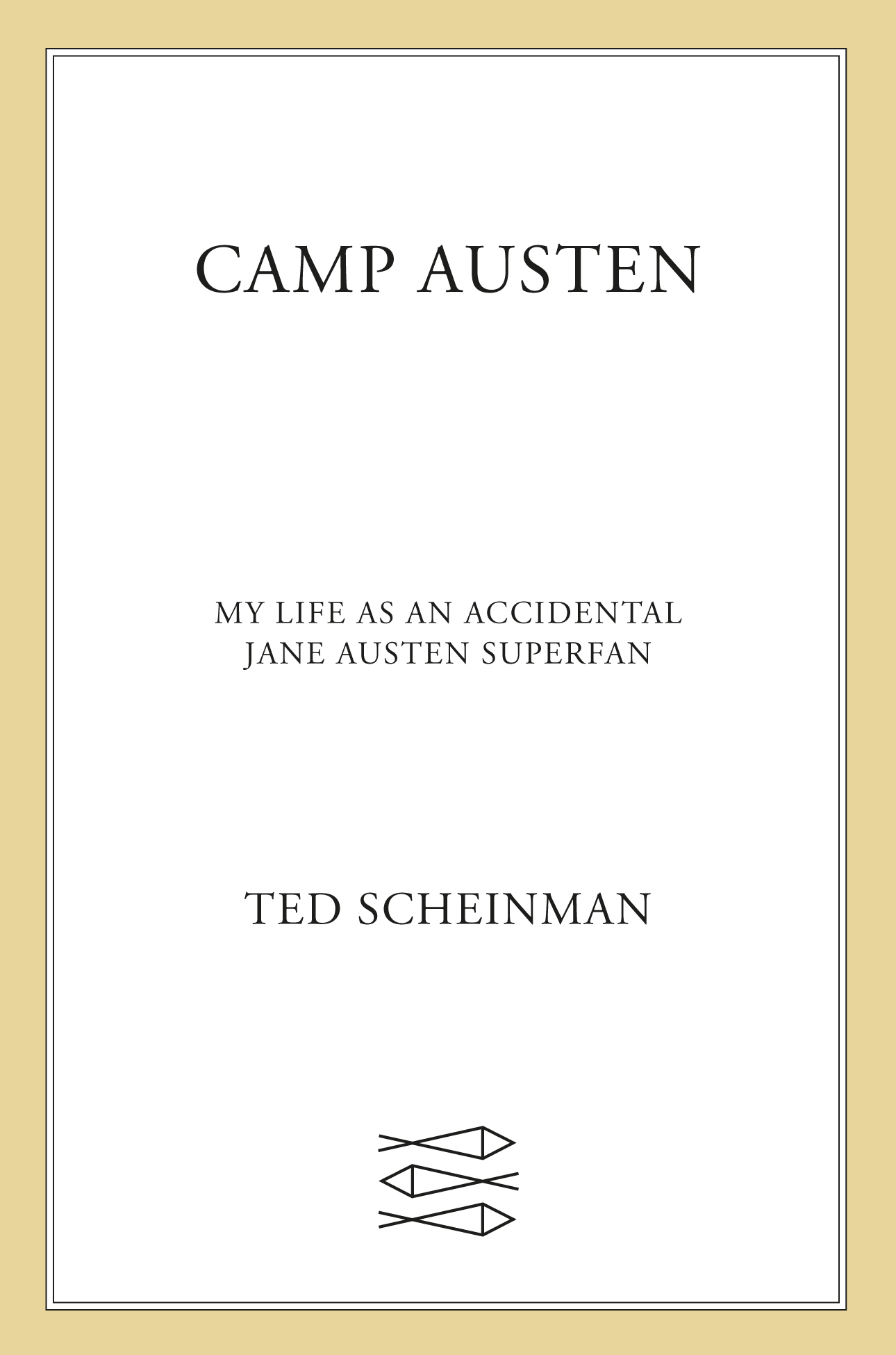

The author and publisher have provided this e-book to you for your personal use only. You may not make this e-book publicly available in any way. Copyright infringement is against the law. If you believe the copy of this e-book you are reading infringes on the authors copyright, please notify the publisher at: us.macmillanusa.com/piracy.
For my mother, and also for the most important Jane of all: my sister.
She acknowledged it to be very fitting, that every little social commonwealth should dictate its own matters of discourse; and hoped, ere long, to become a not unworthy member of the one she was now transplanted into.
Jane Austen, Persuasion
From this period, the intimacy between the families daily increased, till at length it grew to such a pitch that they did not scruple to kick one another out of the window on the slightest provocation.
Jane Austen, Frederic & Elfrida
From satire to sentiment
A love for books and mischief is often born in childhood, and it seems possible that no child in English letters has ever had as much fun pillaging her fathers library as the young Jane Austen; certainly no other child has left such a record of her resulting spoils. In her juvenile notebooks, Austen logs a series of literary performances in various forms that also serve as a readers diary and a partial family scrapbook. Austen began these sketches around 1787, having survived two stints at boarding school, neither of which was a model academic experience. At the first, she and her sister, Cassandra, nearly died of typhoid fever, while the second was overseen by a one-legged huckster who claimed to be French and called herself Madame la Tournelle, but who in fact was an Englishwoman named Sarah Hackett. She couldnt speak a word of French, but the imposture of her exotic last name seems to have convinced various fathers of the gentry that hers was a school where their girls might learn the European nicetiesthe sort of school, as Austen would later write in Emma , where a reasonable quantity of accomplishments were sold at a reasonable price, and where girls might be sent to be out of the way and scramble themselves into a little education, without any danger of coming back prodigies. The peg leg, at least, was real.
Instead, Austens true education was in the family library, which she approached as a young marauder who marked her favorites with wicked parody. This period of artistic apprenticeship, beginning in earnest when Austen was twelve, includes some of the most vigorous short comedy in English prose. These days, to the uninitiated, Austen is remembered as an artist of manners, a prim moralist, a feminist avant la lettre, or merely a kindly domestic ironistor more likely some mixture of all these. But in childhood, hers was a dark imagination, where she applied the cadences of eighteenth-century moral writing and popular melodramatic novels to narrating tales of viciousness and dissipation. As her family would emphasize almost to the point of annoyance after her death, the young novelist loved Alexander Popes moral epistles and Samuel Johnsons moral essays even more, but the truth is she was an eclectic (and certainly not a squeamish) reader who devoured the bestsellers of the day, some of them rather lurid for preteen consumption. Like Catherine Morland in Northanger Abbey , the young Austen read French romances and all manner of Gothic novels, the juiciest of which were heavy on rape, incest, and grisly death. George Austen may have been a clergyman, but he was hardly censorious, and his daughter read what she pleased, whatever her siblings and Victorian descendants might claim thereafter.
Already as a child and teenager, Austen is said to have had a dry presence at the table, but in her performances on paperand in her familys amateur theatricalsshe was a swashbuckler. Her precocious ear for moral aphorism was matched by an instinct for the jugular. Austen would later describe her artistic range as a little bit (two inches wide) of ivory on which I work with so fine a brush. Her line refers to miniatures, locket-sized portraits of loved ones, a metaphor for the ostensibly modest scope of her novels. Her earliest miniatures, though, are rather more like Hogarth illustrating Rabelaiswicked little parodies that use her fathers library as a shooting gallery. Like rising authors of any period, she learned her craft at the considerable expense of her predecessors. Or, to quote the critic Frances Beer, At twelve the little assassin is eagerly at work, satirizing the novels she loved (as well as several that she didnt).
Reading through the young Austens notebooks, its hard to escape the sense that, even at her meanest or most acerbic, Austen is always and everywhere a fan. Imitation is flattery, and parody is backhanded flattery, and Austen could not have written such delightful little hit jobs on Samuel Richardson and Eliza Haywood and others of her forebears if she hadnt read and reread her models with such voracity. In this sense, the juvenile notebookswith their dedications to her sister, her brothers, and her female cousinsare a record of fandom: passionate but ambivalent immersion in a world of letters that she found equally ridiculous and intoxicating, and she renders this experience with such fine comic strokes that its hard, even for a twenty-first-century reader, not to join in these perverse celebrations of her literary enthusiasms.
Like many young parodists, though, Austen soon outgrew parody, infusing the works of her middle teens with ever-more-realistic characters and situations. This shift from satire to sentiment was not simple (and never complete), but the notebooks remain a fascinating touchstone for anyone interested in literary fandom, and how the most flamboyant parodies are often the most affectionate. Fans of Pride & Prejudice , for example, will remember the first volume of the novel, where Mr. Collins makes a thoroughly uncharming marriage proposal:
And now nothing remains for me but to assure you in the most animated language of the violence of my affection. To fortune I am perfectly indifferent, and shall make no demand of that nature on your father, since I am well aware that it could not be complied with; and that one thousand pounds in the 4 per cents, which will not be yours till after your mothers decease, is all that you may ever be entitled to. On that head, therefore, I shall be uniformly silent; and you may assure yourself that no ungenerous reproach shall ever pass my lips when we are married.
Yet Collinss embarrassing little homily begins to sound like Keats when we compare it with this, from Frederic & Elfrida, which Austen wrote in her early teens:
Lovely and too charming fair one, notwithstanding your forbidding squint, your greasy tresses, and your swelling back, which are more frightful than imagination can paint or pen describe, I cannot refrain from expressing my raptures at the engaging qualities of your mind, which so amply atone for the horror with which your first appearance must ever inspire the unwary visitor.
Collins is impossible without the earlier instance, but the earlier instance is also not possible without Austens deep reading among the sentimental romances of her day. The assassin was really an apprentice, and the parodist soon turned her talents to something more lasting.
Austen continued in this vein for the better part of a decade, occasionally contributing essays and comic sketches to her brothers literary magazine and invariably attending, or participating in, the theatricals that became a tradition in the household, after her brothers James and Henry developed a mania for writing sentimental or satirical prologues and performing for the families of the neighborhood. The young Austen men found that the theater afforded them scope for flirtation and innuendo with the young ladies of Steventon, and the brothers used these plays and sketches as opportunities for bantering and peacockinga motif that would later prove central in Mansfield Park . For her part, Jane seems to have been most interested in the comic possibilities of the stage, and her opus as playwright was a six-act spoof of Samuel Richardsons Sir Charles Grandison , a rather didactic brick of a novel that Austen cut down to size and ruthlessly lampooned. Like the rest of her work from the period, its a virtuoso hit job, and the staged version reportedly took just ten minutes.
Font size:
Interval:
Bookmark:
Similar books «Camp Austen: My Life as an Accidental Jane Austen Superfan»
Look at similar books to Camp Austen: My Life as an Accidental Jane Austen Superfan. We have selected literature similar in name and meaning in the hope of providing readers with more options to find new, interesting, not yet read works.
Discussion, reviews of the book Camp Austen: My Life as an Accidental Jane Austen Superfan and just readers' own opinions. Leave your comments, write what you think about the work, its meaning or the main characters. Specify what exactly you liked and what you didn't like, and why you think so.

